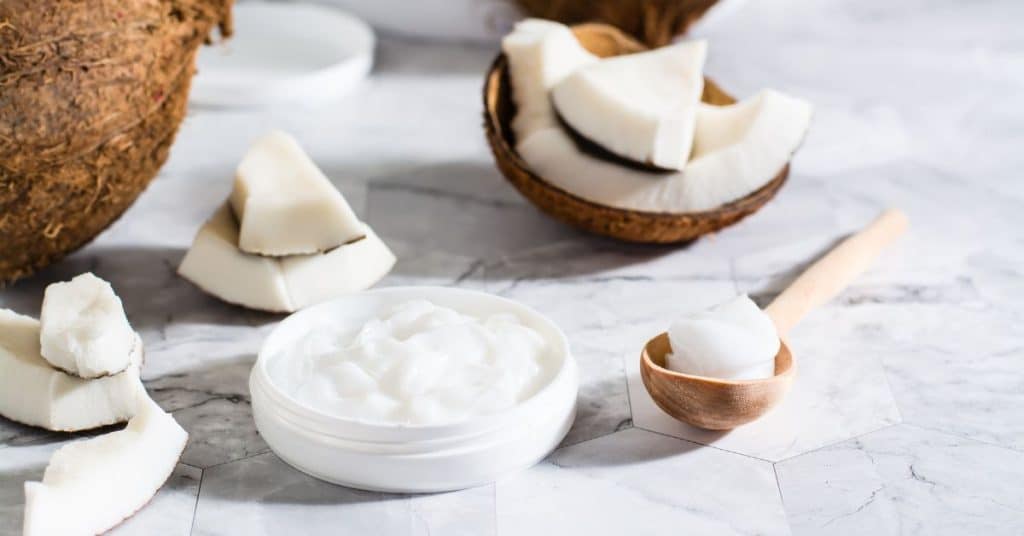

People commonly ask me about oil from non-dietary sources. The question often goes like this: “I understand that eating plant oils may not be the best thing for my health, but is using oil on the skin—like for massage—potentially harmful too?” The short answer is no, it is not. In adults, most oils applied to the skin do not penetrate beyond the outermost layer of the skin[1] and do not get into the circulation. Thus, the fats do not get into the circulation in any way that could be considered “nutrition.”
Of course, the answer is more complicated than that. Your skin is the largest, fastest-growing organ of your body. The outermost part of your skin is a beautiful layer of dead cells. But it is not impermeable. Certain chemicals, including oils, medicines, and toxins, can pass through your skin to be absorbed. But this absorption is not equivalent to the levels you would obtain by eating, at least as far as fat goes. In other words, rubbing oil on your skin is unlike eating a high-fat meal. Indeed, skin absorption is inefficient enough that I don’t suggest patients worry about this absorption from a nutritional point of view.
To further investigate this question, I wrote to Maxim Darvin, PhD, of the Center of Experimental and Applied Cutaneous Physiology in the Department of Dermatology at Charite-Universitaetsmedizin in Berlin, who has performed research looking at the depth of absorption of oil applied to skin. He writes, “In our recent in vivo studies on human forearm skin, we have shown that both mineral and vegetable oils do not permeate through the stratum corneum (typical thickness on the forearm is 20 µm) and saturate the superficial layers only (max. 10 µm).” In other words, he writes, “I personally think that transcutaneous nutrition of oils through healthy skin is a fiction.”
Premature infants may be a different story. Their skin is extremely thin, and massage with oil has been shown to result in more weight gain than massage without oil, implying a significant nutritional contribution from the topical oil.[2]
Even in adults, certain topical substances cross the skin barrier. For example, your body can systemically absorb certain medications applied to the skin, and oils or other solvents can help facilitate their absorption. When you put prescription medication on your skin, some of that medication absorbs into your circulation; however, in many cases, this is a less efficient method of systemic drug delivery than oral consumption. For example, steroids in a steroid cream used for a rash will absorb systemically but amount to far less exposure (depending on medicine and formulation) than if you were to take a steroid pill orally. Sometimes, skin absorption is more effective for drug delivery than oral consumption because you can bypass liver metabolism by getting a drug in through the skin. Nicotine patches and fentanyl patches are examples of systemic drugs delivered via the skin.
And some oils, like medications, have components that permeate the skin to some degree. Examples include tea tree and lavender oils, which have been shown to affect hormone systems. There have been cases in which pre-pubertal boys using topical products with lavender and tea tree oil had lower levels of sex steroids in their blood and experienced breast enlargement, which resolved when they stopped using the essential oil-containing products.[3]
Some oils are likely to be more helpful or harmful than others. Coconut oil, for example, has been shown to have antibacterial, antifungal, and moisturizing properties. I’ve had several patients use coconut oil to treat minor skin problems to good effect. When it is all said and done, using oil on your skin is far removed from eating it. Unless you experience unpleasant skin reactions from the oil, there’s no reason to avoid a nice massage.
Copyright 2024 Center for Nutrition Studies. All rights reserved.